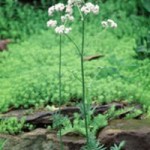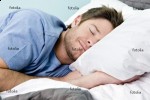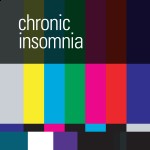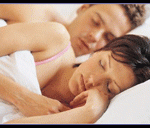Clinicians and scientists from around the world gathered in Boston for a conference on SLEEP just recently. I had no idea sleep had turned into an annual conference attended by thousands of experts from around the world, but apparently this premier event blends the most current sleep research with the best clinical practices.
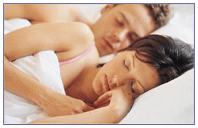
I wonder if they talked about Chinese herbs known to help sleep for over 1000 years? Seems logical right, considering their history, safety rating and usage by billions of people everyday. (laughing) I’m guessing it wasn’t on the agenda since the conference was sponsored mostly by pharmaceutical giants with a huge stake in the sleep aid drugs they produce.
Anyway, I thought sleeping was something we were all born knowing how to do. When we are babies afterall, we are all pretty good sleepers. In fact most newborns are asleep more than awake in a single day. So what happens to us as we age? When did we become a society of sleep derived, sleep aid dependent, looking for the next caffeine jolt zombies?
It's time to upgrade the way you sleep! Try iSleep Herb Pack!
I think some of us simply don’t want to sleep more than a few hours a night. There is just sooo much to do. Some of us want to fit more awaid minutes into a 24 hour day. The problem with this attitude is historically we didn’t have electricity and entertainment into all hours of the night via the internet, television etc. So when it was dark, we slept. Seems are bodies are kinda programed that way after millions of years.
Why does this matter?
All this matters because a long term study presented at the SLEEP2012 conference. This study says not sleeping elevates your risk of stroke and at younger ages even if you are relatively healthy. For optimal function, sleep specialists recommend anywhere from 7 to 9 hours. The study, which lasted three years, examined 5,666 adults who were aged 45 and older. They reported their sleep habits and duration every 6 months. The investigators recorded daily health habits, risk factors for stroke, any symptoms of depression, demographic information, health related behaviors, and onset of first stroke like symptoms throughout the study period. However, the are quick to point out this is not proof of a cause and effect relationship.
According to data available from the National Sleep Foundation only 28 % of adults sleep 8 hours or more per night, down from 38% in 2001. It is unclear what why shortened sleep cycles were wide spread with those who suffered strokes, but the possibility of an elevated level of cortisol, a key stress hormone, may be ultimately responsible. The take home message here.. get a good night’s sleep every night. Sleep eight hours and don’t skimp on yourself.
Staying in bed longer might just be a lifesaver.


